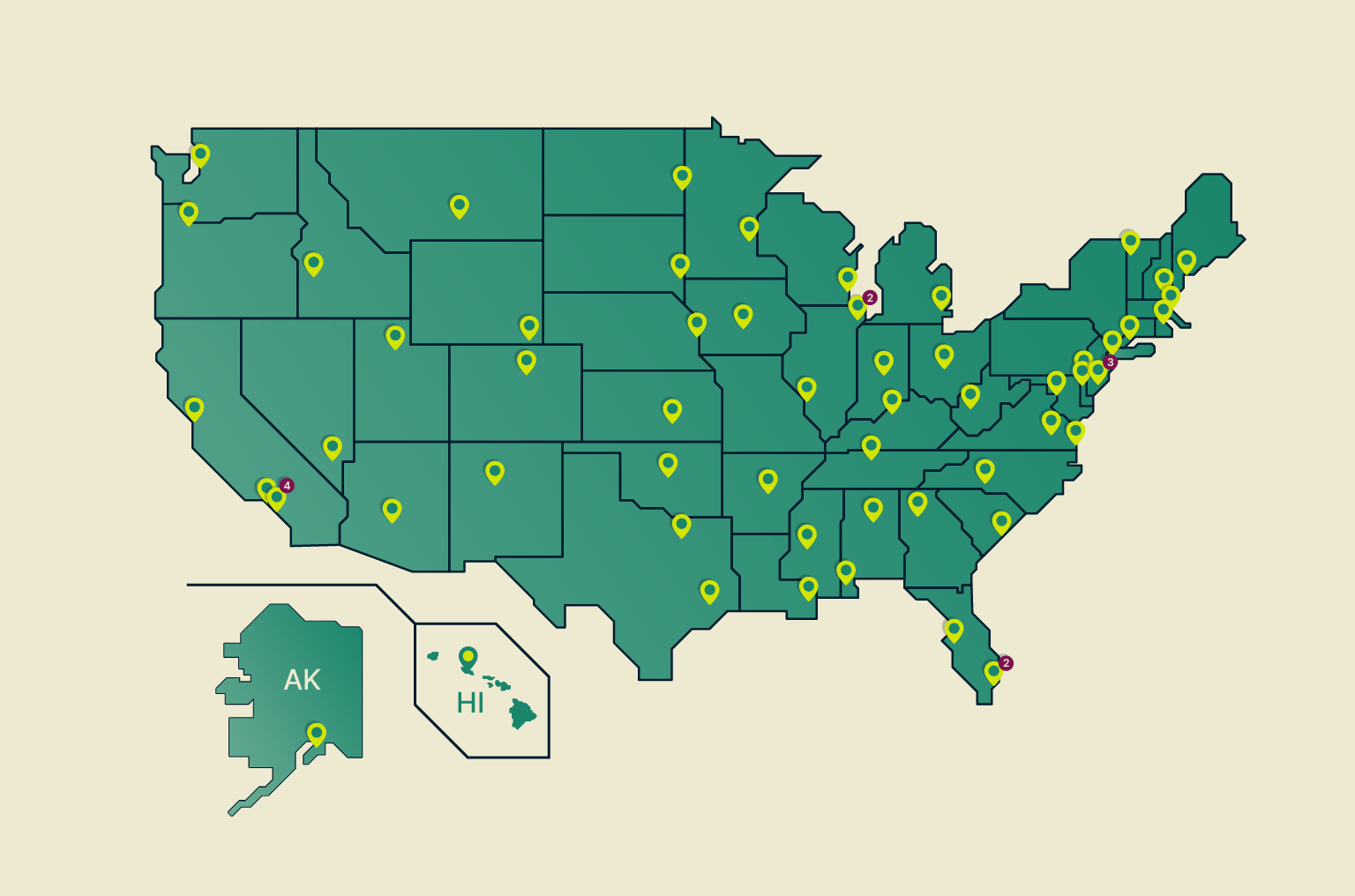
Over 143,000 Apps Removed from Twitter for Violating API Policies
- Twitter revealed in a developer blog earlier this week that the social platform has removed apps which violate the API policies and produce spam, invade privacy or manipulate conversations.
- The crackdown on apps comes after the platform was accused of not taking action against bots, hate speech, and fake news.
- All new requests from apps that want to use the Twitter API will go through an individual approval process, making the platform more secure against data theft and spam.
After facing harsh criticism from users and government organizations alike, Twitter has been cleaning up the social media platform lately. Since April, the website has managed to ban over 70 million accounts and also remove API access for over 143,000 apps. Senior Director of Product Management Rob Johnson and API Policy Head Yoel Roth revealed in a joint statement that the platform does not tolerate API misuse to produce spam, invade the privacy of the platform’s users or manipulate conversations.
Most bots in Twitter are generated using apps via the API to generate likes, follows or tweets. With recent data breaches bringing most online services under the radar, Twitter needs to ensure a data breach similar to the Cambridge Analytica scandal does not re-occur. All new requests from apps to access the Twitter API will be dealt with individually. Apps that show signs of spam or do not meet the standards set by the microblogging platform will be rejected.
All existing developer accounts will be required to provide additional info about account holders. Developers who fail to identify themselves properly will be removed from the API. A single developer can host a maximum of ten apps on the API. Developers who need more than ten apps under a single license can apply for an extension, and if Twitter deems the reasons behind such a requirement is legitimate, developers will be allowed to host more apps. The new limits will be in place starting September 10th. Twitter also relaunched its developer portal earlier this week to make the transition to the new API guidelines easier.
What do you think about the new changes coming to the microblogging platform? Let us know in the comments below. Get instant updates on TechNadu’s Facebook page, or Twitter handle.







